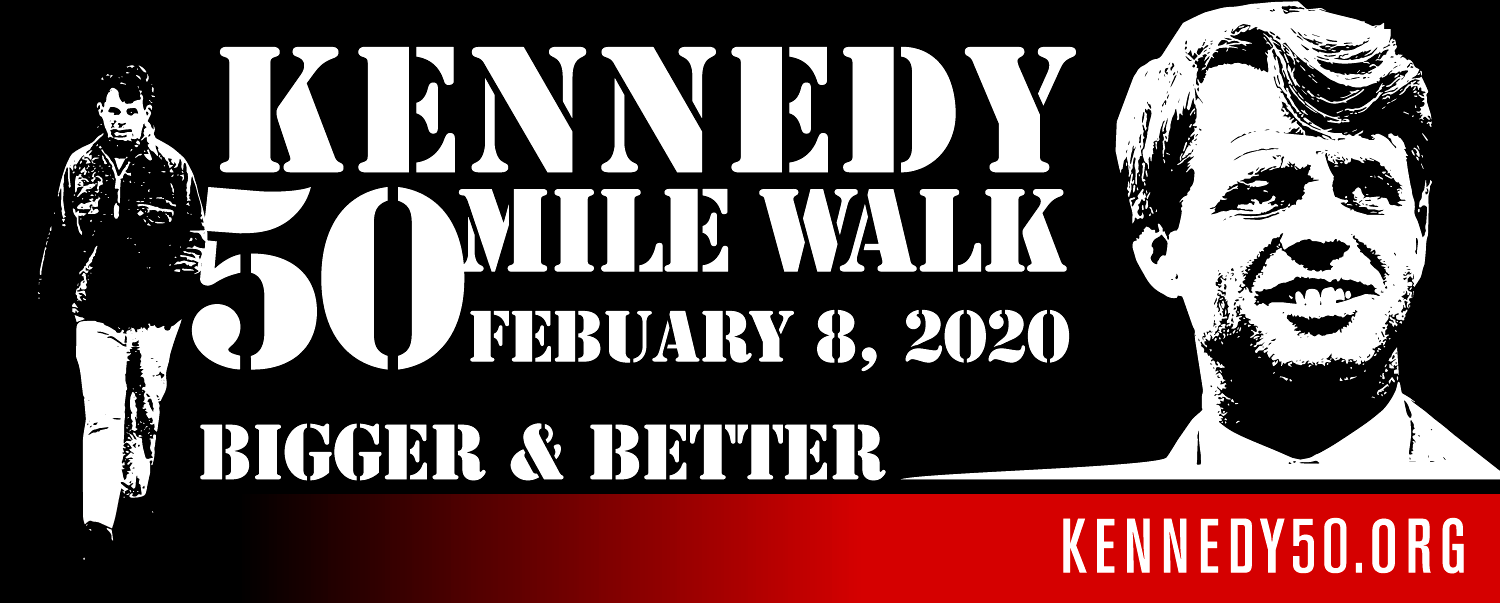Last weekend I finished a one-day 50-mile hike. When I signed up for the event, about a year ago, I wasn’t sure if I would be able to complete it. The longest I had ever hiked for less than half of that distance.
It took me a few months to prepare for the long-distance. As one of the last steps in the preparation, I did a 20-mile practice walk with a hiking group one week before the final event. Right from the beginning, the group started with a brisk pace. A good friend of mine was in the group. (He was in this practice hike because I convinced him to take part in the 50-mile walk, so I felt a bit of an obligation to make sure he had a good time.) I decided to hike alongside him, even though it felt too fast for me. When we completed the 20 miles, I felt worse than in my previous practices and thought it would be tough for me to complete the 50 miles the following week.
I had a week to think this through and decided that I needed to start the 50 miles slower. On the day of the event, I paid close attention to my pace and made a deliberate effort to be slower. My legs were doing fine, and it felt much better – but mentally, it was surprisingly hard. One person after the other overtook me, and each time my competitive mind got a little sting and thought “speed up.” I didn’t. I kept the speed low.
I reached the mid-way point, and it was time for lunch. Most of the people I knew were well ahead of me. I still took a long lunch break, as I had planned. When I left after the lunch break, I felt excellent about the whole event, and I got a sense of deep energy reserves that I still had available within me. A couple of hundred yards after the lunch break, I knew that I would finish this. That’s when I was ready to increase my pace. From that time, I started overtaking my fellow hikers, and I caught up with many of the folks from before. With every mile, I stepped up the pace because I had the energy left. In the last 10-mile section of the hike, my time was the second-fastest of about 150 hikers who started the event. More importantly, I arrived in pretty good shape.
I completed this hike because I was able to pace myself. Here’s what I took from this:
Long-term efforts need different pacing from short-term efforts
It’s your pacing that matters – no-one else’s
Competition is in the mind, and it’s not always the right mindset
Take the next step
Take stock of what the short distance hikes and what the long-distance hikes in your life are. Quite likely, your career and your significant relationships are among the long term hikes. What’s the right pacing?




